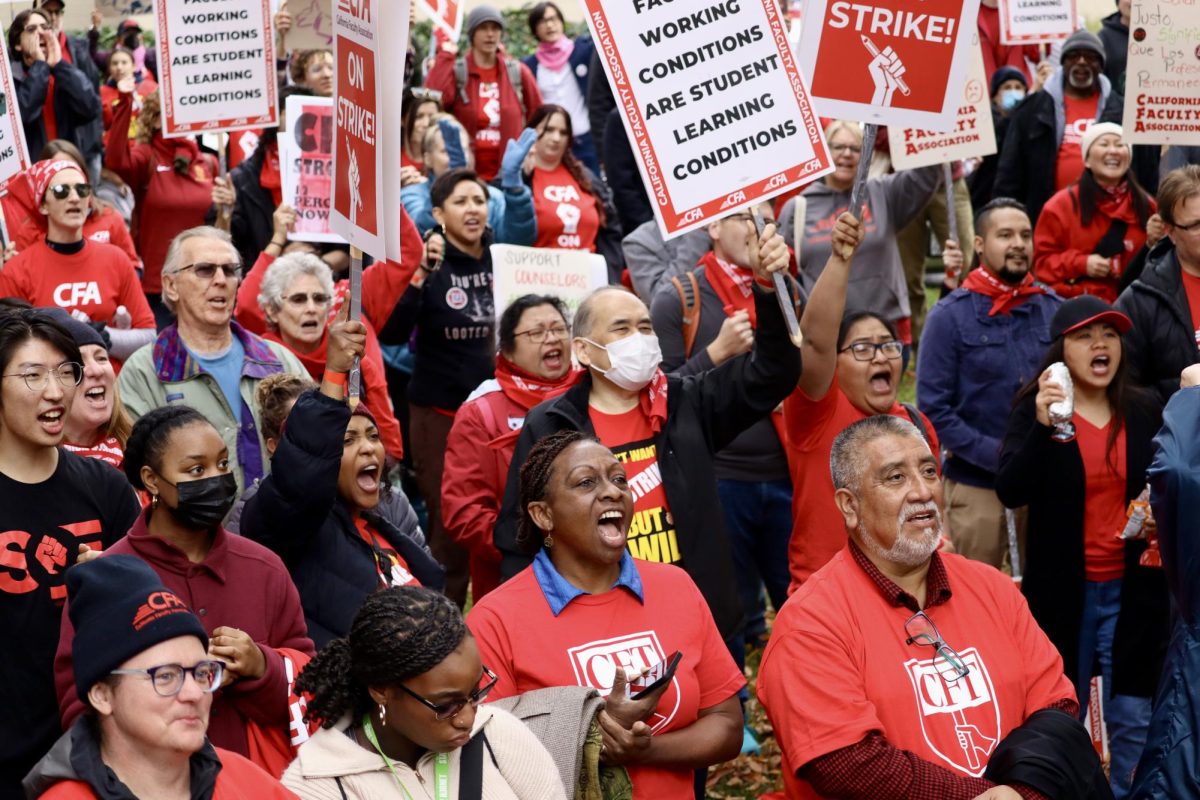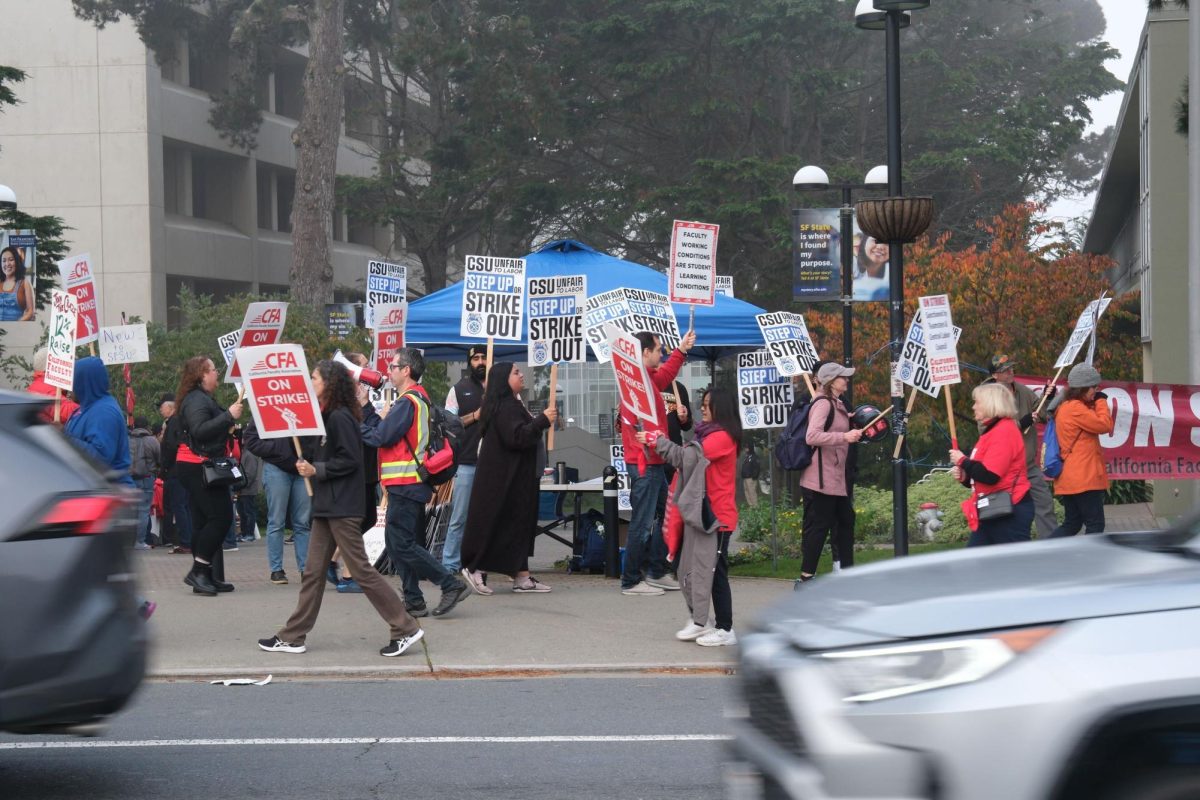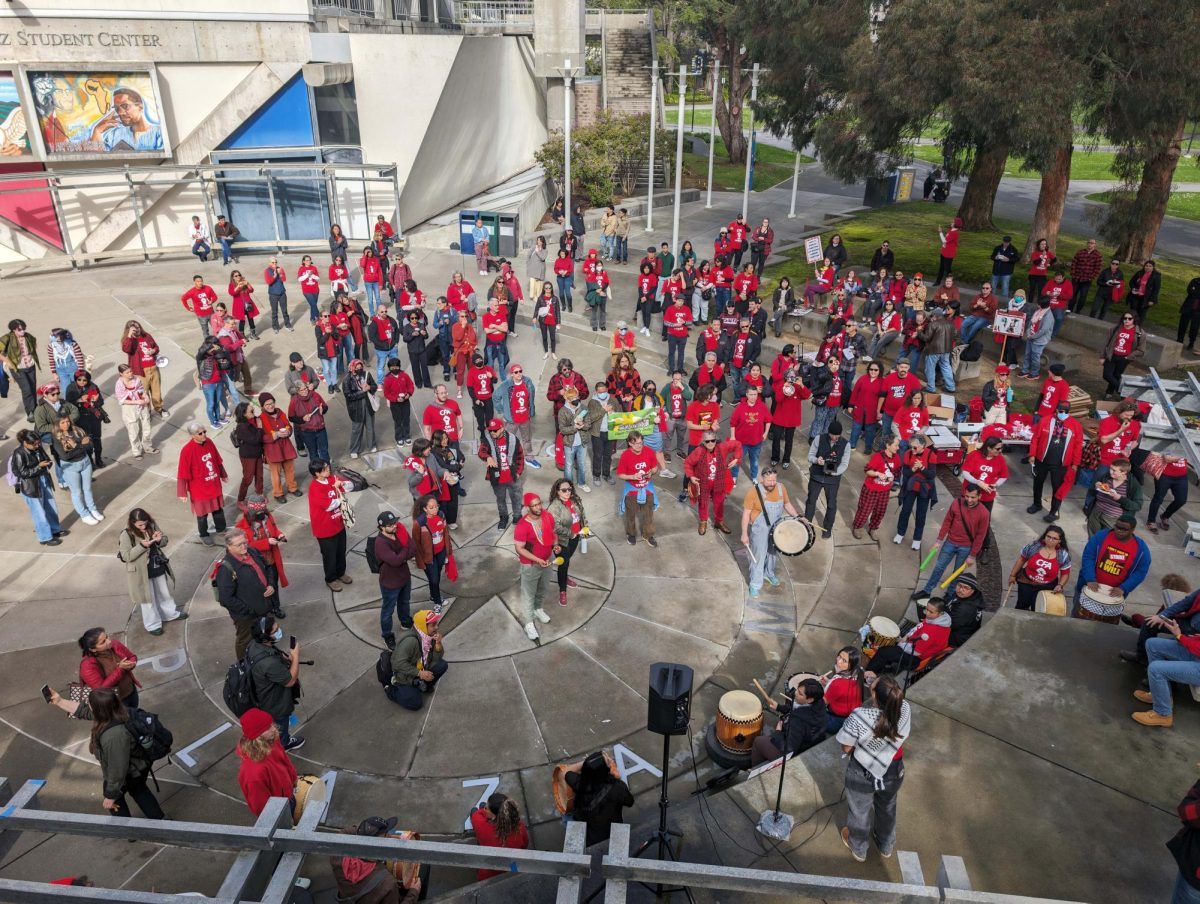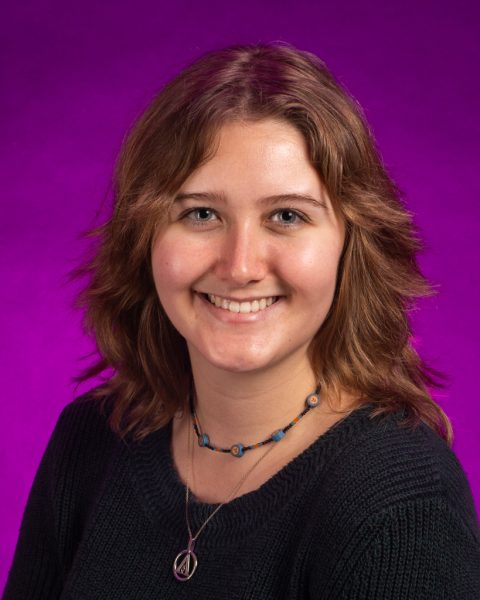This story has been updated as of Feb 19 at 7 p.m..
Following eight months of public discourse, discussion and two sets of strikes, 76% of California Faculty Association voting members have voted in favor of the tentative agreement, according to an email from CFA to their members.
Voting for the tentative agreement began on Feb. 12 and concluded on Sunday at 5 p.m., solidifying the final vote from rank-and-file members across the state.
Following the “yes” vote, the tentative agreement will go into effect on July 1, 2024.
In an email sent to CFA members following the voting results, CFA president Charles Toombs thanked members for their efforts.
“We thank members for their solidarity, debate, and courage to press CSU management for better faculty working and student learning conditions, especially everyone who worked tirelessly organizing the successful strikes and joining the picket lines,” Toombs said. “We look forward to working together to continue our advocacy for an equitable CSU. We have special gratitude to our students and sibling union members, as well as elected leaders and public education allies who joined our cause and showed up in favor of investing in our CSU.”
According to the email, thousands of members cast their votes. The majority voted in favor of the benefits outlined by the tentative agreement.
Now ratified, the agreement provides two general salary increases totaling over 10% as a raise for all faculty members within the next six months. The salary floor will also be raised for the lowest-paid faculty ranges A and B, along with increased paid parental leave.
While the agreement grants these new additions to the CFA’s contract, the CFA said that there is still a need for improvement in the student-to-counselor ratio and workload relief.
The full tentative agreement can be viewed here.
The CSU has yet to approve the tentative agreement, but the terms and conditions will take effect once it is authorized.
In a statement released to Golden Gate Xpress, San Francisco State University President Lynn Mahoney expressed her gratitude for the services of all parties involved.
“I’m grateful for all the work done by the collective bargaining teams from the CFA, all our unions, and the CSU Chancellor’s Office to negotiate new contracts this year,” Mahoney said. “I remain committed to long-term advocacy to ensure fair compensation for all our employees. SF State’s employees—our people—fuel our mission to provide world-class degrees that enable the social mobility of our students.”
SFSU faculty previously held a “Vote No” rally against the tentative agreement on Jan. 22 to express dissatisfaction with the conditions.
The next scheduled meeting for the CSU is from March 24-27. The CFA has urged CSU management to implement the contract terms sooner.
“We will continue advocating against management’s self-defeating austerity policies, affordability and access for students, and combating anti-Black racism to create campuses that serve all of us,” said Sharon Elise, CFA Associate Vice President of Racial & Social Justice, South, and CSU San Marcos Professor. “We know that some members had strong concerns about the process and questions about the result. We will only be successful if we’re working together to continue building a CSU that empowers students and provides work environments that support faculty and staff.”
The CSU released a statement at 12:56 p.m. saying it was “pleased” with the CFA’s ratification of the TA.
According to the statement released from the CSU, the Board of Trustees Committee on Collective Bargaining looks forward to the approval of the agreement in March.
“We look forward to the CSU Board of Trustees Committee on Collective Bargaining ratification of the agreement in March and to continue working in partnership with the CFA and its members to carry out our mission in service to our students and the university,” according to the California State University Office of the Chancellor.
After seeing the agreement results, CFA-SFSU Chapter President Brad Erickson was not surprised by the outcome.
“It’s about as I expected,” Erickson said. “This is a place from where we can work forward. I’m overall disappointed that we had to accept a pay cut relative to inflation, but it could certainly be worse. It isn’t the tentative agreement we deserve, but it’s not terrible either.”
Erickson felt that even though the TA did pass, there was stronger opposition. He sees this as momentum to build on since the discontent with the vote is a sentiment shared across multiple CSU campuses.
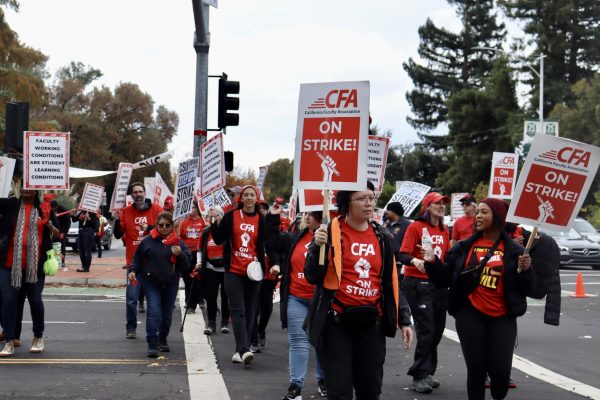
“The main thing for me is that this tentative agreement maintains the status quo of disinvestment in higher education,” Erickson said. “That failing to restore even a dollar of the misused funds to the university’s purpose of teaching and learning, I think is the biggest failure of this contract.”
In a text conversation, Cesár Rodríguez, associate professor of race and resistance studies, said that focusing on the benefits of ratifying the TA is important to the union. Rodríguez says that rank-and-file members were more active in the union during the faculty strikes, strengthening it.
“This benefits all of us, because a stronger, more democratic union is better able to improve the working and living conditions of us as faculty, as well as improve the learning conditions of our students,” Rodríguez said via text. “I’m looking forward to strengthening our union with anyone and everyone in our union, no matter how they voted.”
James Martel is a political science professor at SFSU. While Martel wishes that the ‘yes’ votes were less than 76%, he is still happy that more people favored the ‘no’ vote.
“I think that the union, the way they phrase the ballot and a bunch of other things really put their thumb on the scale, so I think it would have been even higher,” Martel said. “All that indicates to me that there are thousands of people — literally — who are unsatisfied with these kind of so-so contracts we’ve been getting and want to sort of turn more to striking and collective action as a way to get better pay rather than relying on political allies and all that kind of stuff.”
According to Martel, the increase in ‘no’ votes compared to the previous agreement that was voted on signifies hopes to democratize the CFA union.
“It’s going to be a long process to democratize but we’re getting there, you know — we’re slowly turning the boat around,” Martel said. I’m disappointed, but I’m not depressed or anything. I’m resolute and I think we’ve been doing so much amazing organizing.”
Mark Allan Davis is an associate professor of Africana Studies and an active CFA member. Davis also helped choreograph the “Vote No” campaign that was launched following the TA.
“I’m pretty battle fatigued,” Davis said. “I was just waiting for it to be final and my feelings are rather ambivalent. I think it’s a shame because I think we could have gotten what we wanted, and I don’t know, the vote tallies 76%. It’s not unanimous, but it’s pretty sufficient.”
Davis felt that the way union leadership worded the ballot — which would be used to vote yes or no on the TA — strongly favored the TA’s ratification.
“If you saw the ‘no’ vote, there was nothing in the ‘no’ vote language that said that if the ‘no’ vote was passed, that would lead us to go back into bargaining, or at least go back into being able to strike,” Davis said. “The way they wrote the ‘yes’ [vote] on the ballot on the TA was ‘If you vote yes, we get all of this.’”
Even though Davis is unhappy with the TA, he is still pleased that others will receive a pay increase. Ultimately, though, Davis feels that the union’s power has been decreased.
“We never really got to show our power and they successfully diminished it and have many people like myself – I’m sure I’m not the only one that is rather ambivalent about it all,” Davis said. “I just have to spend some time rethinking.”
Kevin Wehr is the chair of the CFA bargaining team and a sociology professor at CSU Sacramento. Wehr is happy with the TA being ratified.
“I feel great about it. I’m not surprised,” Wehr said. “The Board of Directors thought it was worth sending to the members, and clearly the members approve [of] it overwhelmingly.”
While Wehr knows that the 24% who voted no are unhappy with the TA approval, he hopes they are in solidarity with their colleagues.
“I’m just really proud of the union and our colleagues for fighting a good fight and winning a really solid contract that moves us forward,” Wehr said. “I look forward to more in the future.”




